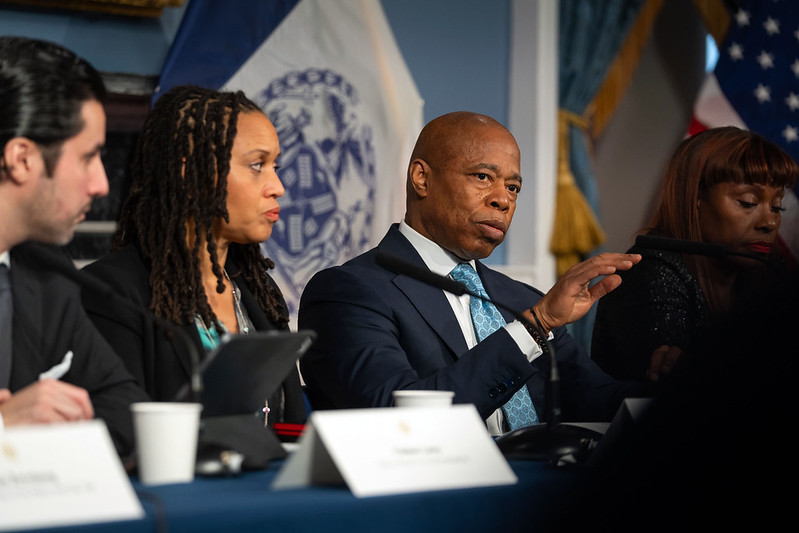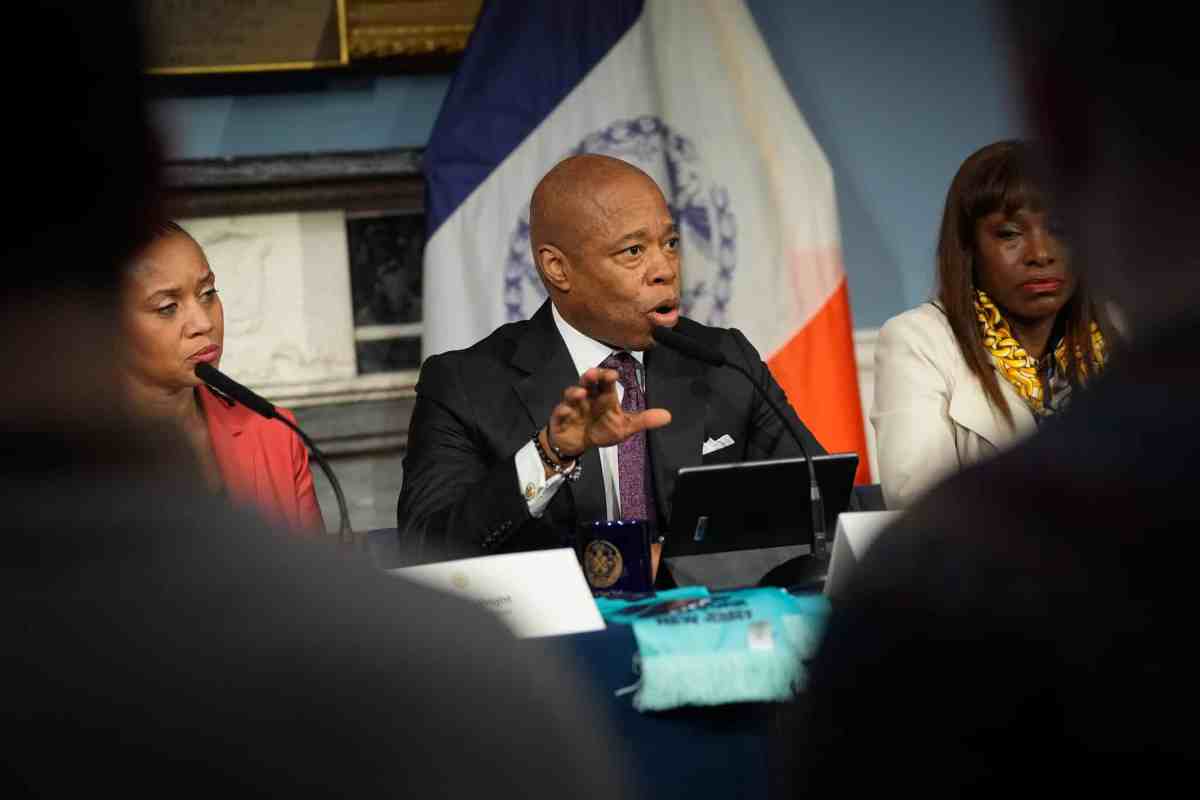By William Lewis
The latest political party enrollment figures as of April show the Democratic Party with a considerably higher number of registered voters than the Republican Party in New York state.
The statewide totals show Democrats with 5,649,934 members. The statewide totals for Republicans, also as of April, show 2,826,913 members.
On the basis of these numbers, the Democrats should dominate the electoral process in much of the state. Here in Queens, Democrats hold most of the elective offices, including all state Assembly and state Senate offices, all but one congressional seat and all but two City Council seats.
That was not always true. If we go back to the early 1970s, the Queens Republican Party had six members in the Assembly and two in the Senate. During the last 35 years, however, there has been a significant increase in Democratic Party enrollment.
Most of the newly arrived immigrant populations, when they become politically active, enroll as Democrats, although Queens Republicans in recent years have made efforts to change that situation by encouraging new citizens to support Republican candidates.
Most Republican candidates need the endorsement of the Conservative Party to have a viable chance of winning an election. That is true in New York City. The state Conservative Party only has a statewide registration of 150,703, a small entity compared to Republican registration, much less Democratic registration.
Even so, Election Day in the fall is when the Conservative Party brings in total votes sometimes far in excess of its total registration in any given electoral district. One classic example of the strength occurred in 1980, when former Assemblyman Doug Prescott won his first race by 1,505 votes and, although Conservative Party registration in Prescott’s 26th Assembly District was close to 2,000, the Conservative Party vote total that year was 3,500, which gave him the margin of victory.
The Independence Party, which presently has a statewide registration of 447,170 — which is considerably higher than the Conservative Party — is not getting the vote totals the Conservative Party is getting. For example, Conservatives occupy Row C on the ballot and got more votes for governor in 2010 than the Independence Party. The Independence Party after 2011 fell back from Row C to Row E on the ballot.
One conclusion that can be made from these votes is that it is not how many people are registered with a political party but how many people turn out on Election Day to vote on a particular party line.
That is also the situation with the Working Families Party. That party, as of April, has only 44,412 citizens registered, which is less than one-third of registered Conservative Party members. Yet Working Families presently has Row D, ahead of the Independence Party, which has about 10 times the number of party members as the Working Families Party.
In 2009, Republican Dan Halloran and then-Republican Peter Koo ran for the Council. They both had Conservative and Independence party endorsements and they both won. In the case of Halloran, he defeated Democrat Kevin Kim by about 1,300 votes. This year, Halloran is running for Congress with Republican and Conservative endorsements.
The Independence Party seems to be supporting Assemblywoman Grace Meng (D-Flushing) for the seat formerly held by U.S. Rep. Gary Ackerman (D-Bayside), who will be retiring.
There were rumors, however, of primary challenges to Meng, possibly from Halloran. At present, petition challenges are going on in the congressional district. With eight Democrats at present submitting petitions and one Republican — Halloran — we will see what the field looks like after petition challenges are completed.
At the meeting of the Queens Tea Party, Wendy Long, the Republican conservative candidate for U.S. Senate, and Republican conservative Stephen Labate, candidate in the 3rd Congressional District, which covers part of eastern Queens, were guest speakers. They were well-received by the guests as they continued their campaigns.
































